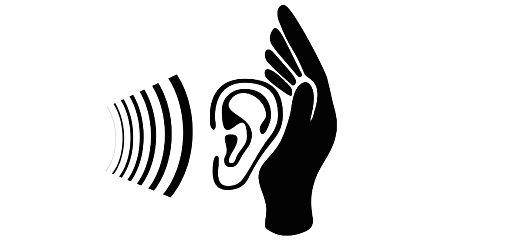Has technology made us less tolerable to sounds other people make?

Misophonia, also known as sound rage, is a negative predilection for the body sounds of others - rubbing, sniffing, scratching, crackling, wheezing, whistling. Those suffering from it react to specific trigger sounds, not necessarily loud sounds but repetitive ones, with negative emotions and thoughts. Could misophonia also be triggered with push notifications, like the ones in smartphones - "I wonder whether the recurrent retreat to a digital space can contribute to the intensification of misophonia or to its development. The risk here is to consider any manifestation of life as a push notification, to see other people’s activity as an enduring attentional bombardment".


